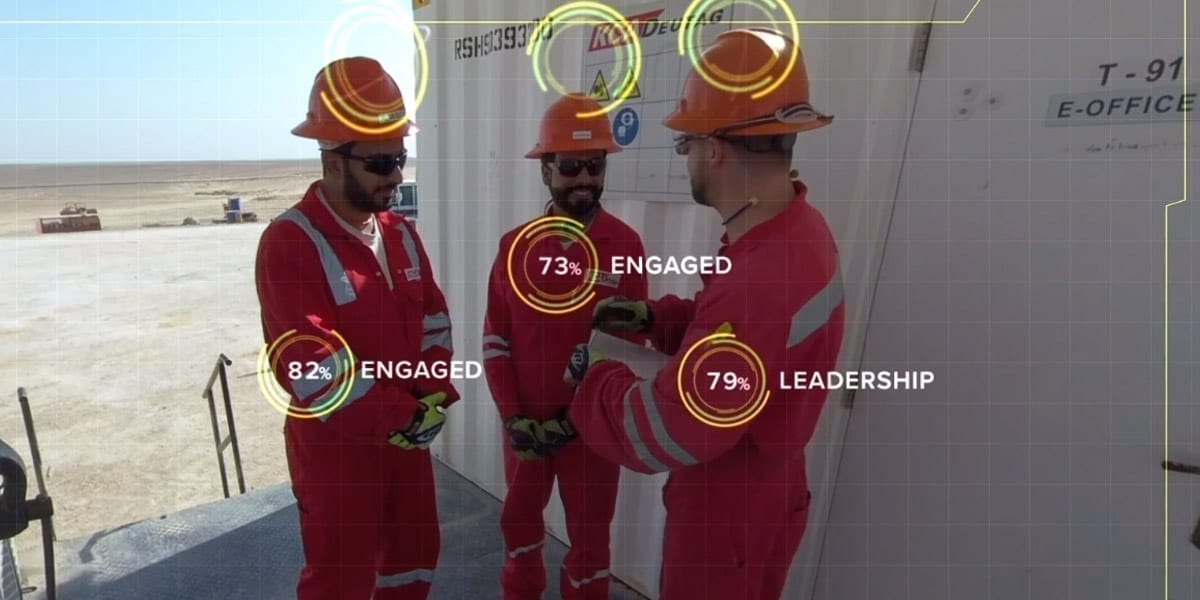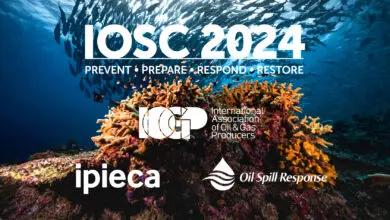
To err is human: understanding how mistakes happen
How the Wells Expert Committee is improving safety through human factors
We know that human factors are a significant contributor to many workplace incidents; we often hear statistics like ‘80% of well control incidents have been attributed to human errors.’ Yet, it’s an area that’s notoriously hard to tackle. Humans are, after all, human.
Within well control, there is perhaps more reliance on human skills and judgement than in any other sector of the exploration and production industry, so we must be even more vigilant. It’s a highly dynamic environment; the risks are high and complex, so we have to do more to manage them.
It’s now 10 years since the IOGP’s Wells Expert Committee (WEC) was set up, as a recommendation of IOGP Report 463 Deepwater wells – Global Industry Response Group (GIRG) recommendations, which itself was a response to the Macondo blowout and oil spill.
The Wells Expert Committee’s main remit is to prevent an incident like Macondo from happening again. A key recommendation of the report was that the Wells Expert Committee would share industry learnings and continuously improve safety performance within well control, by analysing incidents, communicating good practice and promoting continued research and development.
As Report 463 says, “understanding how mistakes happen can help us prevent or cope with them”.
The committee’s latest report, due to be published in July, is the result of an analysis of all 172 well control incident reports the Wells Expert Committee have received up to 2019. Review of Well Control Incidents (IOGP Report 637), will present the results and key findings of this analysis, to help show where the industry can improve and to draw attention to issues that may warrant further industry focus.

“It’s a significant piece of work that underlines the need to maintain our focus on human factors,” says Diana Khatun, Wells Expert Committee Manager.
“The report will, of course, provide readers with much more detail. It’s a highly valuable tool for all involved in well operations to help shape better understanding and management of wells safety and prevent future accidents.”
Human factors was the most common contributing factor to a majority of events – nearly three-quarters of the 172 incidents reported by IOGP Members. The most common subcategory, within human factors as a contributing factor, was a lack of situational awareness – the ability to develop and maintain a dynamic awareness of the situation and the risks present.
“Analysing the well control incident reports was a substantial piece of work, but we must highlight that that this work – and the insights the analysis has provided us, and now the reader – was only possible thanks to our access to the incident reports. We’re reliant on our Members, to enable this work by providing these reports. They’re a primary tool to help drive continuous learning and improvement,” adds Diana.
While it is essential that IOGP undertake significant reviews, like Review of Well Control Incidents, we can and should still also learn from events as they happen. That’s why the Wells Expert Committee also runs and maintains a well control incidents database. Each and every well control incident report is analysed, and the results shared, as they happen. It’s continuous, ongoing learning and improvement that’s free to access for any IOGP Member and any well control company, organization, or contractor in the industry.
While human factors are a leading factor in incidents, human error is rarely malicious and often make sense, at the time. While many incidents have been attributed to human error, only 30% are due to an individual making a mistake. The majority are associated with latent organisational weaknesses, themselves often the result of human and organization actions in the past.
So, we need to ensure that our organisation’s personnel are capable of performing what’s required of them, safely, but also that the environment they’re working in, which is often highly dynamic, supports their safe and efficient working.
That’s why the Well Experts Committee also works to support better understanding of human factors and how leaders and organisations can manage them. For example, it has recently published a guide to Understanding and managing human factors in the wells sector.
It’s an easy to digest look at what human factors are, from a wells perspective. It looks at why human factors are critically important and how organisations can approach their management. This includes how to proactively address human factors, competence, culture and crew resource management. Safety Leadership in Practice: A Guide for Managers (IOGP Report 453), also offers further guidance in this area.
The WEC has also produced a number of short training videos, which can be accessed via the Well Control homepage on the IOGP website. These include five human factor videos that can be used for performance training while managing wells process safety. Each video is set in a rig environment and covers a human factor topic, including: situational awareness, communications, decision making, leadership and teamwork. It has published other videos too, which include well control lessons learned and how to identify and respond to weak operational signals.
Improving equipment performance too
However, it’s not all about people. Since 2012, following the delivery of its BOP reliability study, which was also an outcome of GIRG recommendations, the WEC has also focused on equipment.
The BOP reliability study showed that the industry didn’t really have good data to support its understanding of BOP performance and where issues might be occurring. So, the committee created the Reliability and Performance Information Database, for well control equipment covered under API S53, known as RAPID-S53. It’s used by the joint industry programme (JIP) participants to collect data on all well control equipment components where they fail to perform as designed so the industry has a better evaluation of equipment performance and can therefore improve its reliability.
IOGP has also been involved in the Shear Test Database JIP. Like RAPID-S53, this enables sharing of shear ram performance test results to support improved safety, performance, and operation of BOPs.
There are many other areas the Well Expert Committee works across. Its constant focus is to prevent another Macondo. As the GIRG recommendations remind us, a key way we can improve safety is to learn from our mistakes and continuously improve. This cannot be emphasised enough. And, whether it’s around human errors or equipment performance and reliability, the only way we can learn is if people share information about incidents and equipment. It is in everyone’s best interests to keep sharing, so we can learn from incidents and share as an industry. Share your reports with the Well Experts Committee and it can then do the analysis and disseminate the learnings.



